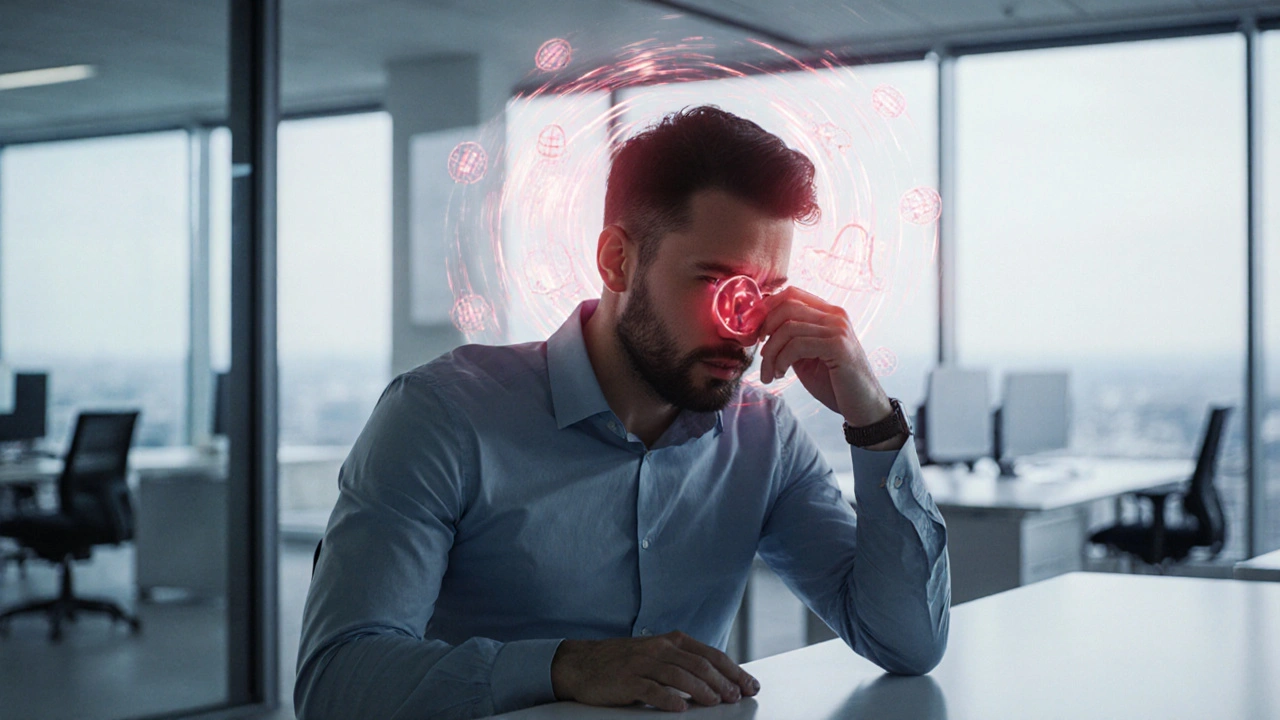Stress Allergy: What It Is, How It Affects Your Body, and What You Can Do
When you feel overwhelmed, your body doesn’t just feel emotional—it can react physically, like it’s fighting off an invader. This is what people mean by stress allergy, a term used to describe physical symptoms triggered by emotional or psychological stress, often mimicking allergic reactions. Also known as psychogenic dermatitis, it’s not a true allergy like pollen or peanuts, but your immune system still responds as if it is. Your skin itches, breaks out in hives, or turns red. Your stomach churns. You feel like something’s attacking you—even when there’s no external trigger.
This isn’t just "all in your head." Studies show that chronic stress floods your body with cortisol and histamine, two chemicals that directly influence inflammation and immune responses. That’s why people under pressure often develop rashes, eczema flare-ups, or even asthma-like breathing issues. It’s the same mechanism that makes topical corticosteroids help skin conditions—except here, the trigger isn’t a chemical irritant, it’s your own stress response. The cortisol, a hormone released during stress that suppresses immune function but can also trigger skin sensitivity and histamine, a compound released by immune cells that causes itching, swelling, and redness work together to create symptoms that look like allergies, even when no allergen is present.
What makes this confusing is that these reactions often show up as skin issues—rashes, hives, or worsening psoriasis—so people rush to buy antihistamines or steroid creams. But if the root cause isn’t addressed, the symptoms keep coming back. That’s why some of the most helpful posts in this collection look at how medications like topical corticosteroids can heal skin damage… but also cause new problems if used too long. It’s a cycle: stress triggers a reaction, you treat the symptom, the stress stays, and the problem returns. The real fix? Managing the stress itself—through sleep, breathing, therapy, or lifestyle changes—while using the right tools to calm the physical response.
Some people find relief with antihistamines, others with stress-reduction techniques. A few even notice their symptoms improve after switching medications—like when someone on lamotrigine develops acne and wonders if the drug or the stress is to blame. Others see their skin flare after starting a keto diet or using a new inhaler, but the real culprit might be the anxiety that came with the change. This collection brings together real cases, practical advice, and clear comparisons so you can tell what’s causing your reaction—and how to stop it for good.

Discover how everyday stress amplifies a blocked nose and watery eyes, the hormones involved, and practical steps to calm symptoms fast.
Read More